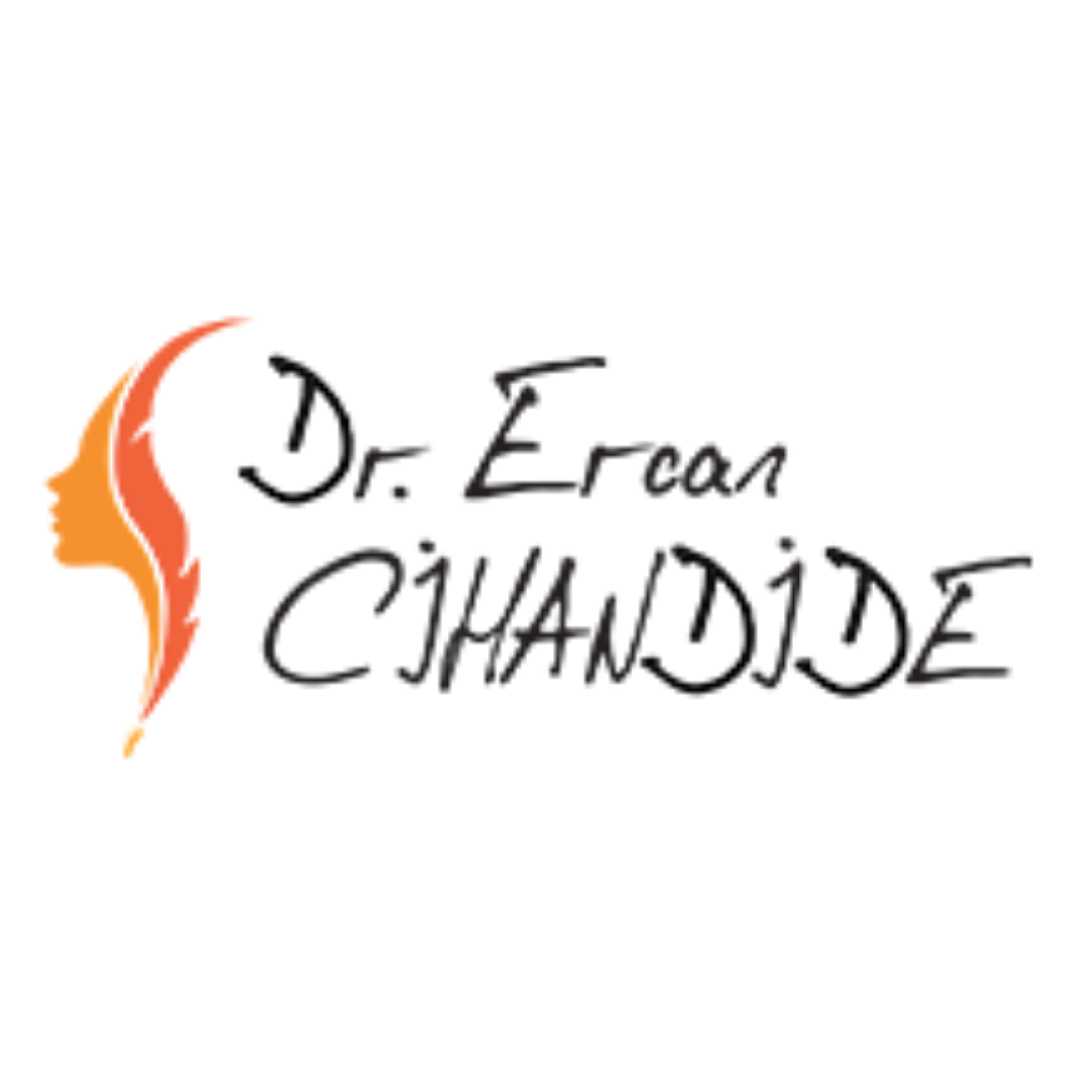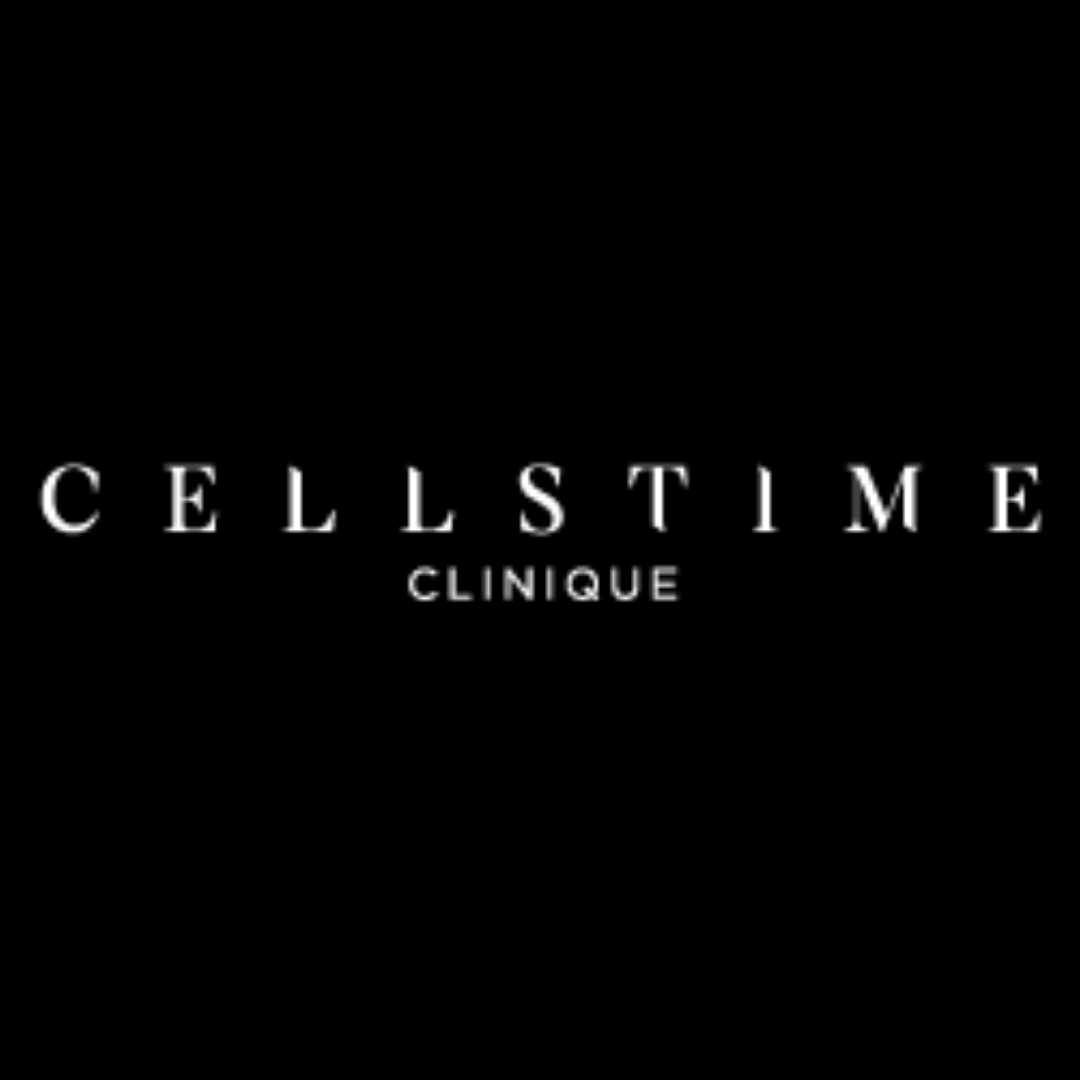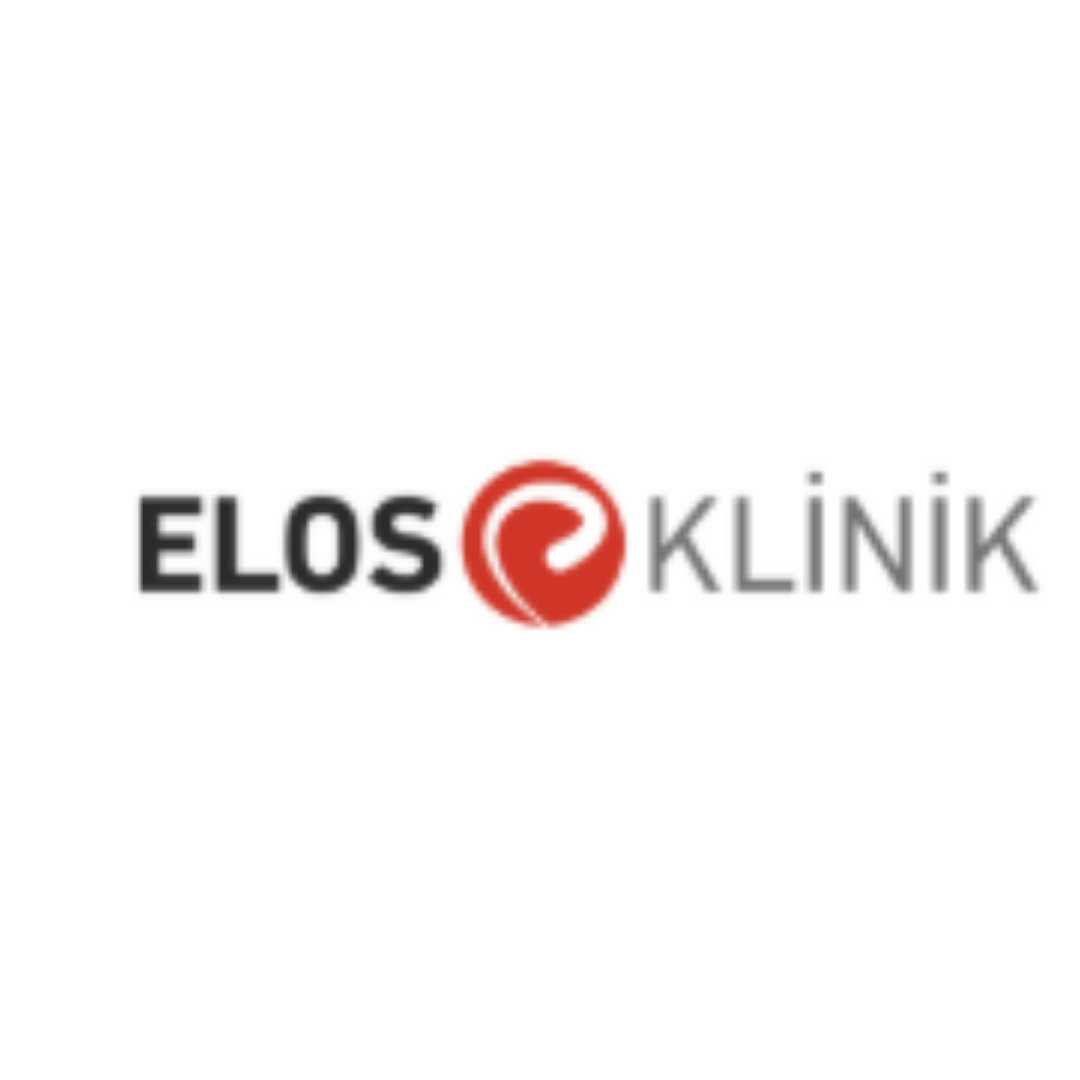
Stem Cell Treatment for Alzheimer's Disease: A New Horizon of Hope
Alzheimer's disease is a devastating condition that progressively robs individuals of their memories, cognitive abilities, and independence. For millions of patients and their families worldwide, the search for effective treatments, or even a cure, is a deeply personal and urgent quest. While traditional therapies offer symptomatic relief, they often fall short in addressing the underlying neurodegeneration that defines this complex illness.
In this challenging landscape, stem cell treatment for Alzheimer's disease has emerged as a promising, albeit investigational, frontier. This cutting-edge approach aims to harness the regenerative power of stem cells to repair damaged brain tissue, reduce inflammation, and potentially restore lost neural connections. As people search for "new Alzheimer's treatments" or "Alzheimer's breakthroughs," stem cell therapy offers a glimmer of hope, attracting global attention from those seeking "alternative treatments for dementia" and "regenerative medicine for Alzheimer's."
For many, the journey leads beyond conventional borders, with "medical tourism for Alzheimer's" becoming a viable option to access advanced stem cell clinics that may not be available locally. This comprehensive guide explores what stem cell treatment for Alzheimer's entails, who might benefit, the potential outcomes, and key considerations for patients looking to pursue this innovative therapy abroad.
What are the Early Warning Signs and Symptoms of Alzheimer's Disease?
Recognizing the "early signs of Alzheimer's" is crucial for timely diagnosis and intervention. Alzheimer's disease often begins subtly, with symptoms gradually worsening over time. While occasional forgetfulness is a normal part of aging, persistent and worsening memory problems, especially those affecting daily function, warrant medical attention. Key early warning signs include:
- Memory Loss: Forgetting recently learned information, important dates or events, asking the same questions repeatedly, or relying increasingly on memory aids.
- Challenges in Planning or Problem Solving: Difficulty following a recipe or managing finances.
- Difficulty Completing Familiar Tasks: Trouble driving to a familiar location, managing a budget, or remembering rules of a favorite game.
- Confusion with Time or Place: Losing track of dates, seasons, or where they are.
- Trouble Understanding Visual Images and Spatial Relationships: Difficulty judging distance, which can cause problems with driving or walking.
- New Problems with Words in Speaking or Writing: Struggling to find the right word or calling things by the wrong name.
- Misplacing Things and Losing the Ability to Retrace Steps: Putting items in unusual places.
- Decreased or Poor Judgment: Making poor decisions with money or neglecting personal hygiene.
- Withdrawal from Work or Social Activities: Avoiding social engagement due to changes.
- Changes in Mood and Personality: Becoming confused, suspicious, depressed, fearful, or anxious.
If you or a loved one are experiencing these symptoms, it's important to consult a healthcare professional for an accurate diagnosis, as these can also be signs of other conditions.
What Causes Alzheimer's Disease and What are the Risk Factors?
The exact "causes of Alzheimer's" are still not fully understood, but scientists believe it results from a combination of genetic, lifestyle, and environmental factors that affect the brain over time. The hallmarks of Alzheimer's disease are:
- Amyloid Plaques: Clumps of a protein called beta-amyloid that build up between nerve cells.
- Neurofibrillary Tangles: Twisted fibers of a protein called tau that build up inside nerve cells.
These abnormalities disrupt cell function, leading to neuron death and brain tissue loss. Key "Alzheimer's risk factors" include:
- Age: The greatest known risk factor, with most cases occurring in people over 65.
- Genetics: Specific genes, like APOE-e4, increase risk, though Alzheimer's is not solely genetic.
- Family History: Having a first-degree relative with Alzheimer's slightly increases risk.
- Down Syndrome: Individuals with Down syndrome have a higher risk.
- Head Injury: A history of severe head trauma is linked to an increased risk.
- Cardiovascular Health: Conditions like high blood pressure, high cholesterol, obesity, and diabetes are linked to increased risk.
- Lifestyle Factors: Lack of physical exercise, poor diet, social isolation, and insufficient sleep.
Understanding these factors can help in managing risk, though many are beyond our control.
How Does Stem Cell Treatment for Alzheimer's Disease Work?
The fundamental premise behind "stem cell therapy for Alzheimer's" is to leverage the unique properties of stem cells to combat neurodegeneration. While specific protocols vary between clinics and research trials, the general mechanisms of action include:
- Anti-inflammatory Effects: Stem cells, particularly Mesenchymal Stem Cells (MSCs), are known for their immunomodulatory properties. They can reduce the chronic inflammation in the brain (neuroinflammation) that contributes to Alzheimer's progression.
- Neurotrophic Support: Stem cells release growth factors and other molecules that nourish existing neurons, promoting their survival and function. This can help protect neurons from the toxic effects of amyloid plaques and tau tangles.
- Angiogenesis: They can stimulate the formation of new blood vessels, improving blood flow to the brain, which is often compromised in Alzheimer's.
- Neurogenesis and Synaptogenesis: In some cases, stem cells may differentiate into new neural cells or promote the formation of new connections (synapses) between existing neurons, potentially restoring some lost brain function.
- Clearance of Amyloid-Beta: Emerging research suggests stem cells might help the brain clear out harmful amyloid-beta proteins.
The cells are typically administered intravenously or directly into the cerebrospinal fluid (intrathecally) or brain. This is a complex area, and it's important to understand that current "stem cell treatments for dementia" are still largely experimental or part of clinical trials.
Who is a Candidate for Stem Cell Treatment for Alzheimer's? Eligibility Criteria Explained.
Determining "who is eligible for stem cell treatment for Alzheimer's" is a critical step, as these therapies are not suitable for everyone. While criteria can differ significantly between research studies and private clinics, general considerations often include:
- Diagnosis Confirmation: A definitive diagnosis of Alzheimer's disease, usually through neurological assessment, imaging (MRI, PET scans), and cognitive tests.
- Disease Stage: Many clinics prefer patients in the early to moderate stages of Alzheimer's, as there may be more viable neural tissue to preserve or regenerate. Patients with advanced-stage Alzheimer's may have too much irreversible damage for significant benefit.
- Overall Health: Good general physical health is typically required to withstand the procedure and potential recovery. Patients with severe heart conditions, uncontrolled diabetes, active infections, or certain cancers may be excluded.
- Age: While there isn't always a strict age limit, extreme old age might be a contraindication if accompanied by multiple health issues.
- Absence of Other Neurological Conditions: Patients should not have other neurological disorders that could confound the results or pose additional risks.
- Realistic Expectations: Patients and their families must understand that stem cell therapy for Alzheimer's is investigational and not a guaranteed cure.
A thorough medical evaluation by the treating facility is always necessary to assess individual suitability.
What is the Recovery Process and What Can Patients Expect After Stem Cell Therapy?
Unlike invasive surgeries, the "recovery time for stem cell treatment for Alzheimer's" is generally not extensive. Most procedures involve intravenous infusions or spinal injections, which are minimally invasive. Patients can typically expect:
- Immediate Post-Procedure: A short observation period, perhaps a day or two in the clinic or hospital, to monitor for any immediate reactions. Patients might feel mild fatigue or soreness at the injection site.
- Return to Daily Activities: Most patients can resume light daily activities within a few days.
- Delayed Onset of Effects: The regenerative processes initiated by stem cells take time. Patients should not expect immediate improvements. Any potential benefits, such as reduced symptom progression, improved mood, or slight cognitive gains, usually become noticeable gradually over weeks or months.
- Ongoing Monitoring: Follow-up appointments and cognitive assessments are essential to track progress.
- Realistic Expectations: It's vital to remember that stem cell therapy aims to manage or slow the disease, not necessarily reverse it entirely. "What to expect after stem cell therapy" involves a long-term perspective and commitment to ongoing care.
Patient testimonials often highlight improvements in mood, sleep, appetite, and stabilization of cognitive decline rather than a full reversal.
What are the Potential Risks and Side Effects of Stem Cell Treatment for Alzheimer's?
As with any medical procedure, "stem cell therapy for Alzheimer's risks" exist. While many stem cell therapies are considered safe, especially when using autologous (patient's own) cells or well-characterized allogeneic (donor) cells, potential "side effects of stem cell treatment" can include:
- Procedure-Related Risks:
- Infection: At the injection site or associated with cell processing.
- Bleeding or Bruising: At the collection or injection site.
- Headache/Nausea: Particularly after intrathecal (spinal) injections.
- Immune Response: Even with matched donor cells, there's a theoretical risk of rejection, though MSCs are generally considered immune-privileged.
- Allergic Reaction: To components of the cell culture media or other substances used.
- Tumor Formation (Teratomas): This is a rare but serious concern, primarily with embryonic or induced pluripotent stem cells if not properly differentiated. Reputable clinics using adult MSCs minimize this risk.
- Ineffectiveness: The treatment might not yield the desired results or any noticeable improvement.
It is vital for patients to discuss these "risks of stem cell treatment" thoroughly with their medical team and choose clinics that adhere to strict safety and ethical guidelines.
How Much Does Stem Cell Treatment for Alzheimer's Cost Worldwide?
One of the main reasons patients look into "stem cell therapy abroad" is often the significant cost difference. The "worldwide cost comparison for stem cell treatment" reveals a broad spectrum, influenced by factors such as:
- Country and Clinic: Developed nations like the US and Western Europe often have higher prices.
- Type of Stem Cells: Autologous (patient's own) vs. allogeneic (donor) cells.
- Number of Cells and Doses: Higher cell counts or multiple treatment cycles increase cost.
- Included Services: Initial consultation, diagnostic tests, hospital stay, post-treatment follow-up, and rehabilitation are sometimes bundled.
Here's an estimated cost comparison for a single treatment course:
| Country | Estimated Cost Range (USD) | Notes |
|---|---|---|
| United States | $20,000 - $100,000+ | Usually for clinical trials; private clinics are often unlicensed/unregulated. |
| Mexico | $10,000 - $30,000 | Popular medical tourism destination, competitive pricing. |
| Panama | $15,000 - $40,000 | Known for advanced stem cell research and clinics. |
| Germany | $25,000 - $60,000 | High standards, rigorous regulations, may be part of research protocols. |
| Asia (e.g., Thailand, South Korea) | $15,000 - $40,000 | Emerging medical tourism hubs with competitive options. |
These are estimates and subject to change. It's crucial to get a detailed quote from any prospective clinic.
Why Consider Stem Cell Treatment for Alzheimer's Abroad?
The decision to "travel for stem cell therapy for Alzheimer's" is often driven by several compelling factors:
- Access to Advanced Therapies: Many countries have more progressive regulatory environments for stem cell research and application, making certain investigational treatments available that are still years away from approval in other regions.
- Cost-Effectiveness: As seen in the cost comparison, the price of treatment can be significantly lower abroad, making it a more feasible option for many families.
- Shorter Wait Times: In some healthcare systems, lengthy waits for specialized treatments can be a deterrent. Overseas clinics often offer quicker access.
- Specialized Expertise: Some international clinics specialize specifically in neurological conditions and have accumulated extensive experience with stem cell applications for Alzheimer's.
- Holistic Care Packages: Many medical tourism providers offer comprehensive packages that include not just the treatment but also accommodation, transfers, and post-treatment support.
For families feeling limited by local options, looking abroad can open up new possibilities for hope and care.
Which Countries Offer the Best Value and Quality for Alzheimer's Stem Cell Therapy?
When searching for "best countries for Alzheimer's stem cell treatment," several destinations frequently emerge due to their combination of advanced medical infrastructure, experienced specialists, and favorable regulatory environments:
- Mexico: A top destination for medical tourism, Mexico has several clinics offering stem cell therapies. They often provide accessible pricing and are geographically convenient for North American patients.
- Panama: Known for its pioneering work in regenerative medicine, Panama hosts clinics that are at the forefront of stem cell research and application, particularly for neurological disorders.
- Germany: Renowned for its stringent medical standards and advanced research, German clinics often offer highly regulated and evidence-based stem cell treatments, though at a higher cost.
- South Korea: A leader in biomedical research and technology, South Korea has state-of-the-art hospitals and clinics that offer innovative stem cell therapies, combining high quality with competitive pricing.
- Thailand: An established medical tourism hub, Thailand provides high-quality medical care, including stem cell therapies, at a fraction of Western costs, often with luxurious patient amenities.
It’s important to research specific clinics within these countries and verify their credentials and expertise in Alzheimer's treatment.
What Should I Expect When Traveling for Stem Cell Treatment Abroad?
Embarking on "medical travel for Alzheimer's treatment" requires thorough preparation. Here's a general overview of what to expect:
- Initial Consultation: This usually involves submitting medical records and a remote consultation with the overseas clinic to determine eligibility and treatment plan.
- Travel Logistics: Arranging flights, visas (if necessary), and accommodation. Many clinics or medical tourism agencies offer assistance with these aspects.
- Arrival and Pre-Treatment: Upon arrival, patients will undergo in-person consultations, further diagnostic tests, and physical examinations.
- The Treatment: The stem cell procedure itself, typically lasting a few hours, followed by a short recovery period at the clinic or hospital.
- Post-Treatment Care: Patients might stay for a few days to a week for monitoring. Follow-up instructions and remote support are usually provided for when they return home.
- Companion Travel: It's highly recommended that Alzheimer's patients travel with a companion to provide support and assistance throughout the journey.
Organizations like PlacidWay specialize in facilitating these journeys, ensuring a smoother and safer experience for patients and their families.
How Can I Ensure Safety and Quality When Choosing an International Stem Cell Clinic?
Ensuring the "safety and quality of stem cell treatment abroad" is paramount. Given the unregulated nature of some clinics, due diligence is crucial:
- Accreditation and Licensing: Look for clinics accredited by international bodies (e.g., JCI) or recognized by their national health authorities. Verify their licenses for stem cell treatments.
- Physician Credentials: Research the doctors' qualifications, experience, and specialization in neurology or regenerative medicine.
- Cell Source and Processing: Inquire about where the stem cells come from (autologous vs. allogeneic), how they are processed, and quality control measures. Reputable clinics will use certified labs and adhere to Good Manufacturing Practices (GMP).
- Evidence-Based Practice: Ask if the treatments are part of clinical trials or based on scientific evidence. Be wary of clinics promising miraculous cures.
- Patient Testimonials and Reviews: While anecdotal, genuine patient stories can offer insights into the clinic's patient care and outcomes.
- Transparency: A reputable clinic will be transparent about the procedure, potential risks, expected outcomes, and costs.
- Medical Tourism Facilitators: Companies like PlacidWay vet clinics and help patients navigate the process, adding an extra layer of security and guidance.
Don't hesitate to ask detailed questions and seek a second opinion.
Are There Patient Success Stories or Testimonials from Stem Cell Treatment Abroad for Alzheimer's?
While it's important to approach "patient success stories for Alzheimer's stem cell treatment" with a realistic perspective, many individuals and their families have shared positive experiences after undergoing therapy abroad. These testimonials often highlight:
- Stabilized Progression: Reports of the disease's progression slowing down, giving patients and families more time together with better quality of life.
- Improved Mood and Behavior: Many families note a reduction in agitation, anxiety, or depression, leading to a more peaceful demeanor.
- Enhanced Quality of Life: Better sleep patterns, improved appetite, and increased engagement in daily activities.
- Small Cognitive Gains: Some patients report minor improvements in memory or communication, which, even if subtle, can be significant for daily functioning.
- Hope and Empowerment: The psychological benefit of actively pursuing a novel treatment option can be profound for both patients and caregivers.
These stories underscore the potential of stem cell therapy to offer tangible improvements in specific symptoms and overall well-being, even if a full cure remains elusive. As one family member shared, "It didn't reverse time, but it gave us back moments we thought were lost, a precious gift."
Take the Next Step with PlacidWay
Ready to explore treatment options abroad? Discover top clinics, compare prices, and get a free quote tailored to your needs with PlacidWay.
Stem Cell Therapy Abroad


.png)


.png)
.png)
.png)
.png)

Share this listing